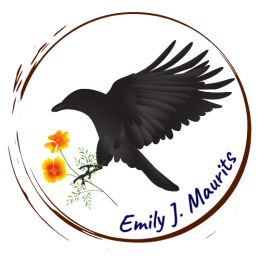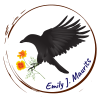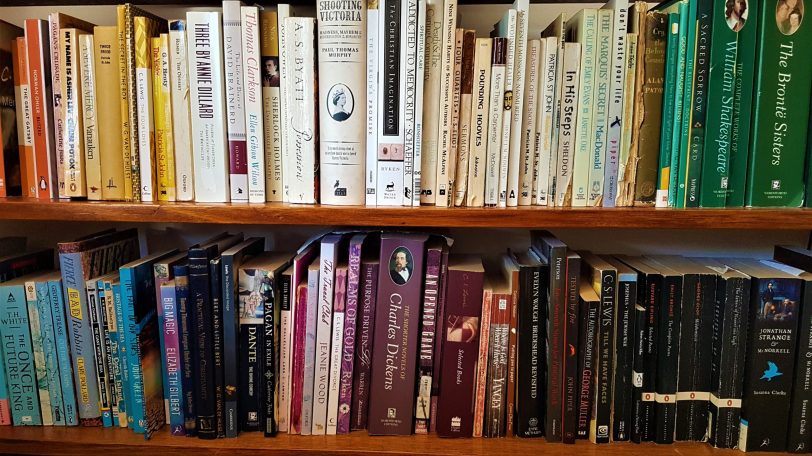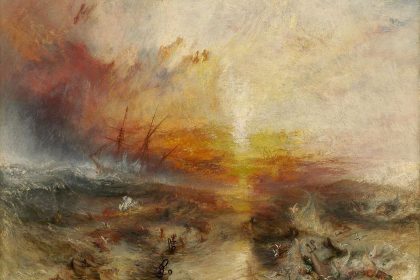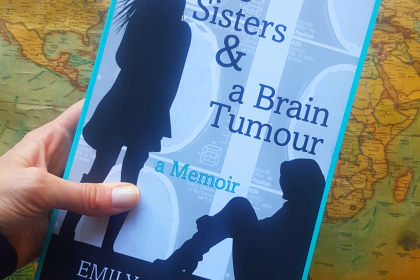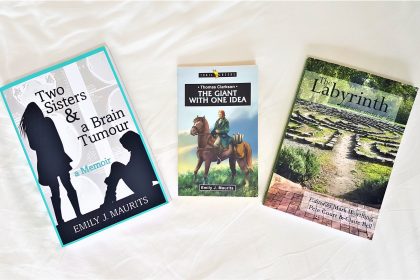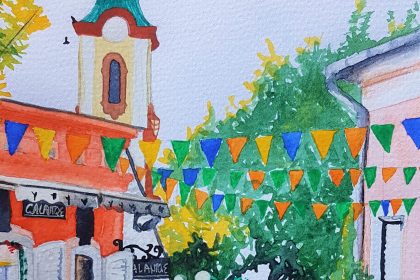As I write this, it’s almost exactly a month until my memoir Two Sisters and a Brain Tumour comes out! These strange times of covid mean that my book launch will look a lot different to how I had planned, but this is all the more reason for me to keep praying that God will use this book to bless others in his way, not mine.
I’m so excited! This memoir has been in the making since 2018, but when I reflected on the process, I realise I have been training to write this memoir my entire life. What do I mean by that? Well, all the books I’ve ever read have made me who I am today, for starters. We never read and go away unchanged. But looking back, there have been specific books which influenced the writing of my memoir – and most (all?) of them were read long before 2018, long before the idea of a memoir was even the haziest possibility.
Reading is never wasted, it seems, because you never know what you’ll use! So, without further ado, here are some books which subconsciously influenced my writing!
1. Pagan in Exile, Pagan’s Crusade, Pagan’s Vows – Catherine Jinks
I love these books for their gritty, honest, fast-paced look into life as an illegitimate child born in Jerusalem in the Middle Ages. It sounds ‘issue-y’ but it’s hilarious and action-packed, and done so well. What I don’t like is the constant use of God’s name as a swear word, particularly in the first book.
NB: I mention only 3 books here, because I read the first 3 as a child (a lot went over my head!), and 10 years later read the 4th, heart-breaking, finale. (Yes, I know there’s a 5th book, about Pagan’s daughter, but I haven’t recovered from the 4th yet).
Influence
The sarcastic, fumbling first-person narration
My thoughts
What, I’m allowed to… just write my inner-monologue? Even if it’s messy and sassy? It’s a stylistic choice, that I can choose?
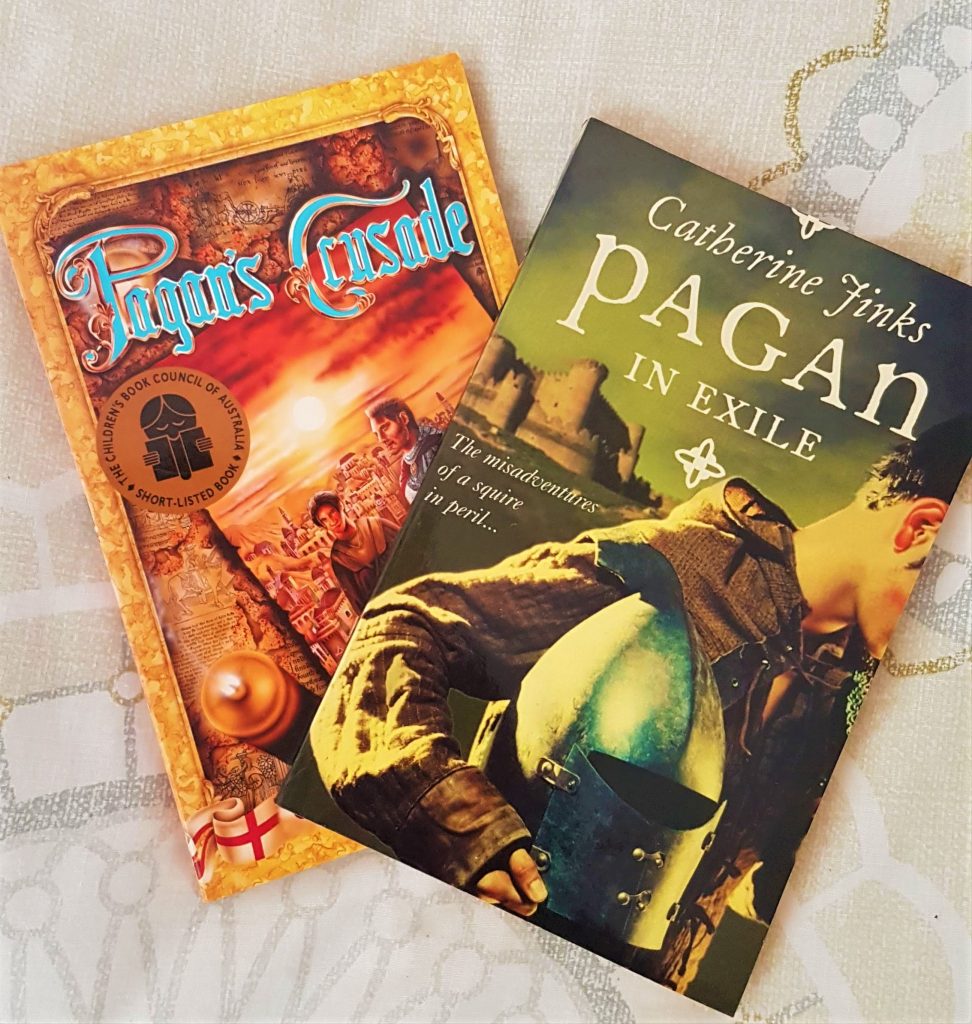
The Hawk and the Dove trilogy – Penelope Wilcock
The interwoven everyday lives of a collection of monks in a medieval monastery. (What can I say, I love the Middle Ages?) I read this as an older teenager-young adult, and it changed the way I thought about life. It showed how both griefs and joys can mold us, and how a small word of kindness can be the difference between life and death. It taught me that there is hope for healing, and struggles are valuable enough in God’s eyes to talk about with others.
Influence
More on me than on my writing, but I wonder if I would have kept my journal during Jay’s hospitalization as faithfully without this book. I probably wouldn’t have felt most of my feelings were worth writing. Also the trilogy’s emphasis on the interconnectedness between humans and the natural world seeped through a bit.
My thoughts
What, I can take the time to talk about my thoughts and the night sky, and people won’t necessarily think I’m moping or being childish?
Fun Fact 😀
The author of these books actually featured me on her blog!
Surprised by Joy – C. S. Lewis
I read this at uni, and for someone who’d grown up mostly on a lot of 19th and early 20th century literature, I was surprised (pun intended) that a White British Male who was such a formidable academic considered his inner life and spiritual life important enough to a) analyse, and b) write about.
Influence
The realisation that memoirs can be emotional without being pretentious and self-centred. That God can use all lives, even ‘quiet’ literary ones.
My thoughts
Maybe it’s okay if our inner lives are rich and complex, maybe we don’t have to hide that, and maybe God has something for me to learn from my desires, and my longings, my fears and my inner world.
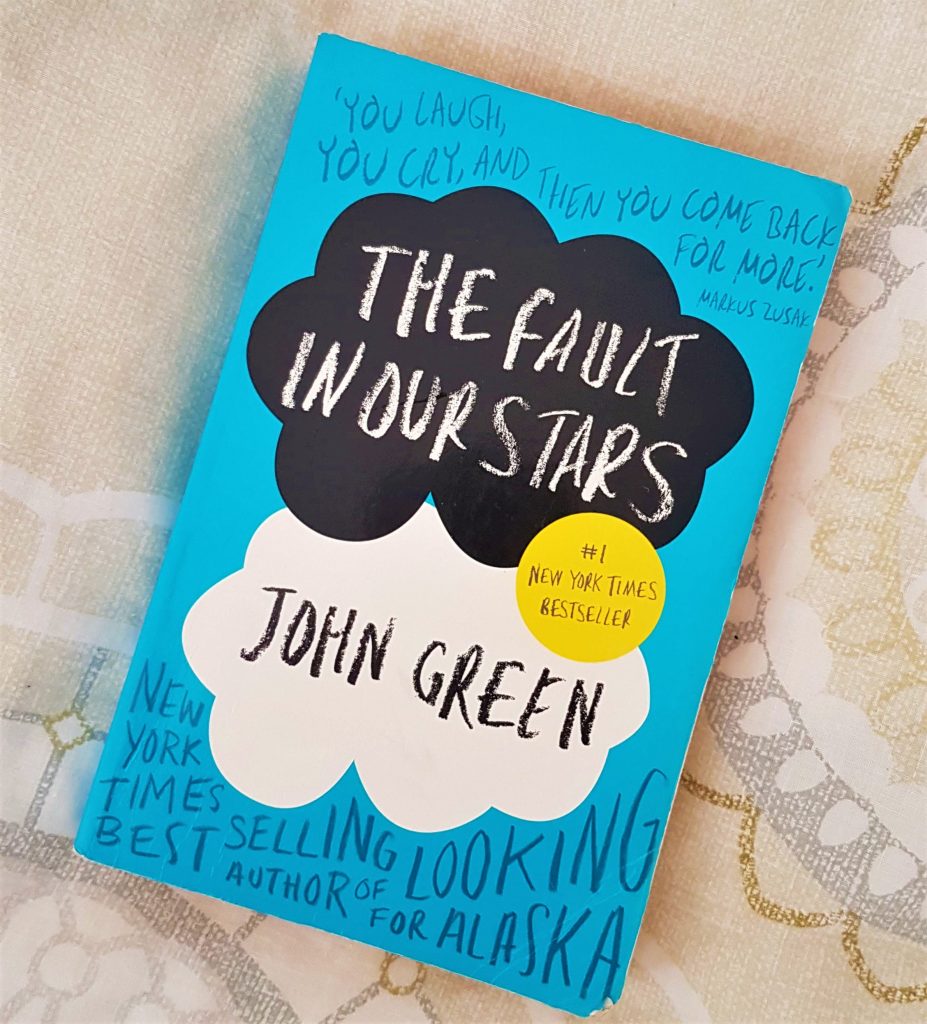
The Fault in our Stars – John Green
A young adults book about the realities of life with illness, it’s highs, it’s lows, and the fact that love and humour can be found in the midst of the deepest tragedies. I expected to despise this book in my literary snobbery, but I loved it.
Influence
There are a lot of unspoken expectations around illness, and they often clash with the all-too messy realities. TFioS showed that I could write about both of these without throwing a massive pity party, or becoming the world’s most cynical human.
My thoughts
Illness is a valid topic for a book, I can be honest about these things, and I am allowed to write about them.
And… so what?
If you’ve stuck with me this long, you’ve probably realised some common themes. These books gave me the permission to talk about a raw and sensitive topic, a permission I didn’t feel society had given me. They told me that writing about myself is allowed, because I (with all my fears and furies) am allowed. They gave me the courage to write about something (illness, sister relationships) which are often side-lined or reduced to cliches.
I’m not sure where I’d be today without them. I probably wouldn’t have a memoir. And so my prayer is, that once my memoir finds its way into your hands, you too will realise these things:
All of your story is important to Jesus, and worth articulating.
You are not alone.
It is the unspoken topics that need to be spoken about. It’s easy to repeat cliches or perpetuate tropes, but to write something honest, and real and raw, and to draw conclusions from your own story, to ask how and why, and where is God working – these things are often life-blood to readers.
There are still so many stories that need to be written, and written well.
